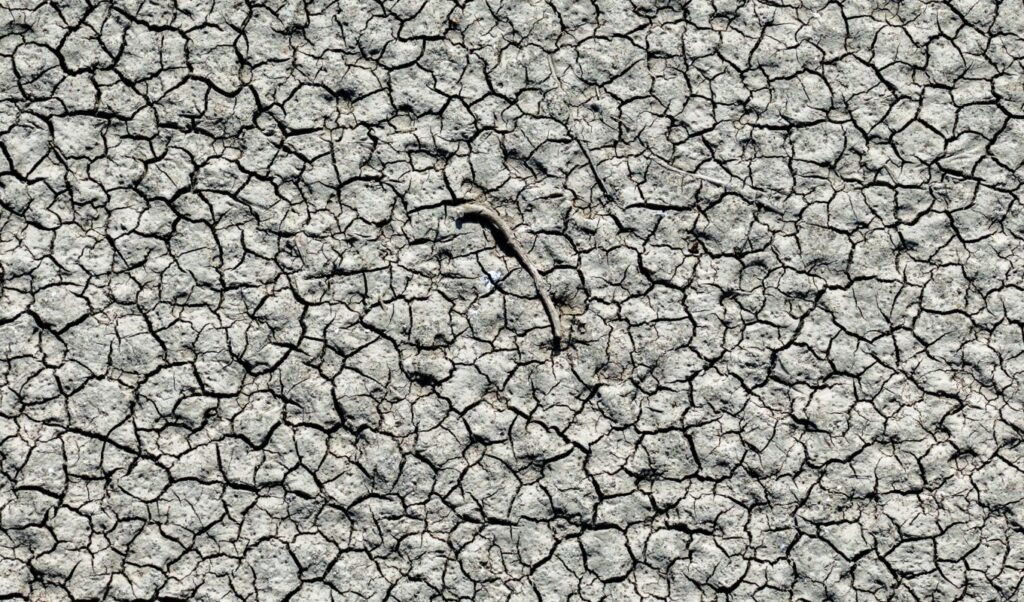Water reserves are very limited, though not at dangerous levels for now, said Kostas Lagouvardos, Research Director at the National Observatory of Athens, speaking about the major issue of water shortage on Parapolitika 90.1 radio show “Stichomythies” with Julia Tsigka. He noted that over the past three years, water reserves have decreased by 40-50%, and much will depend on this winter’s conditions. “We are not optimistic, the general trend shows higher temperatures and less snow. Unfortunately, snow will become increasingly rare,” Kostas Lagouvardos said characteristically, though he noted that during the first days of October, snow fell in mountains and high-altitude areas.
Lagouvardos: Light rainfall expected from Monday
A new wave of seasonal rainfall is expected on October 6-7, but according to the Research Director of the National Observatory of Athens, it doesn’t appear it will be intense enough to cause concern, Mr. Lagouvardos emphasized while discussing the weather forecast for the coming days.
Burned areas increase temperatures
The scientists’ data on the impact of forest fires is disheartening. 470,000 acres turned to ash this year, Kostas Lagouvardos reported, explaining that the immediate consequence is carbon dioxide release, but long-term effects include impacts on the microclimate of burned areas. “For several years after fires, burned areas become hotter. For example, in Penteli, where trees were burned, soil temperature is 8 to 10 degrees higher,” clarified the Research Director of the National Observatory of Athens.




